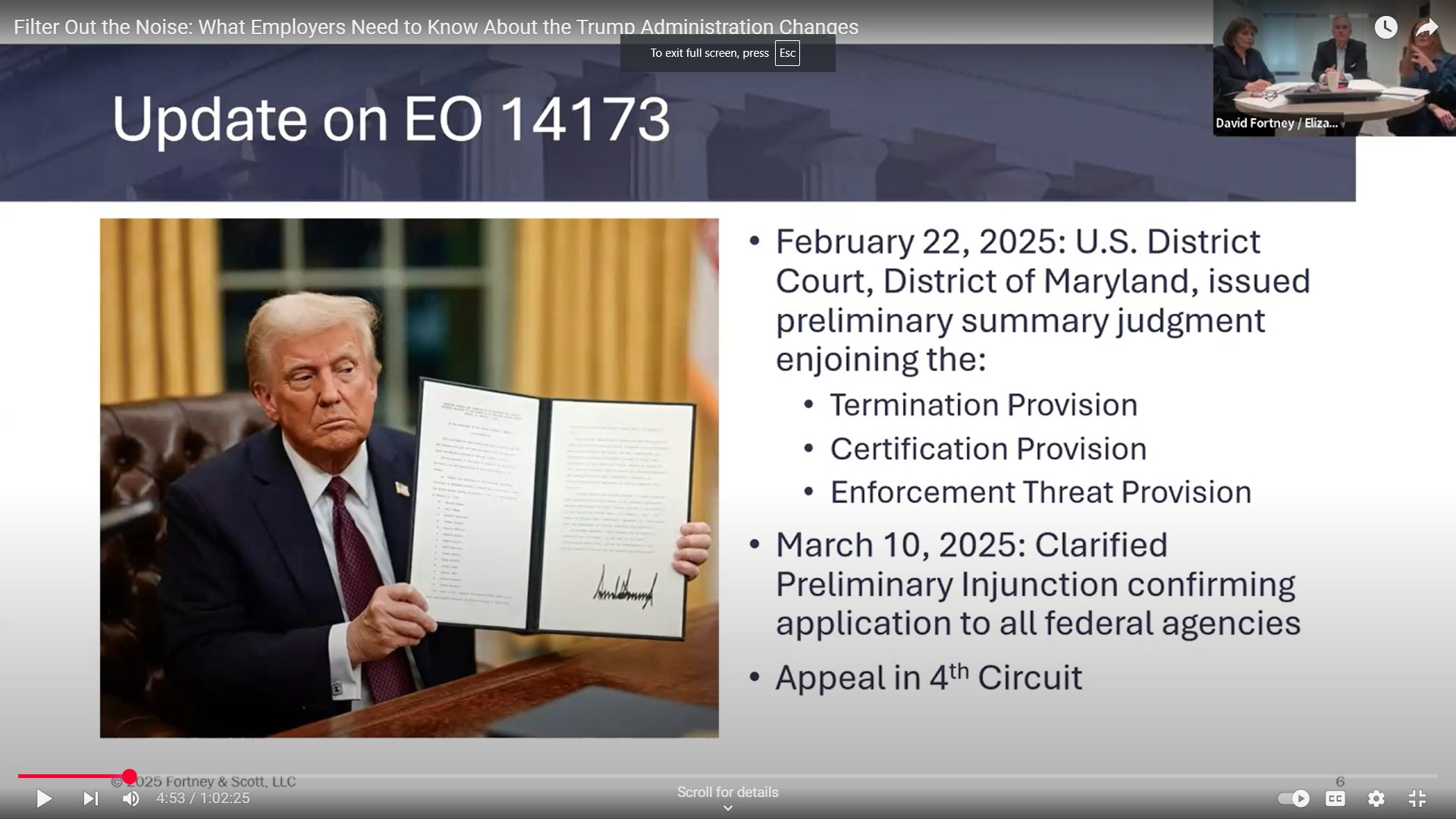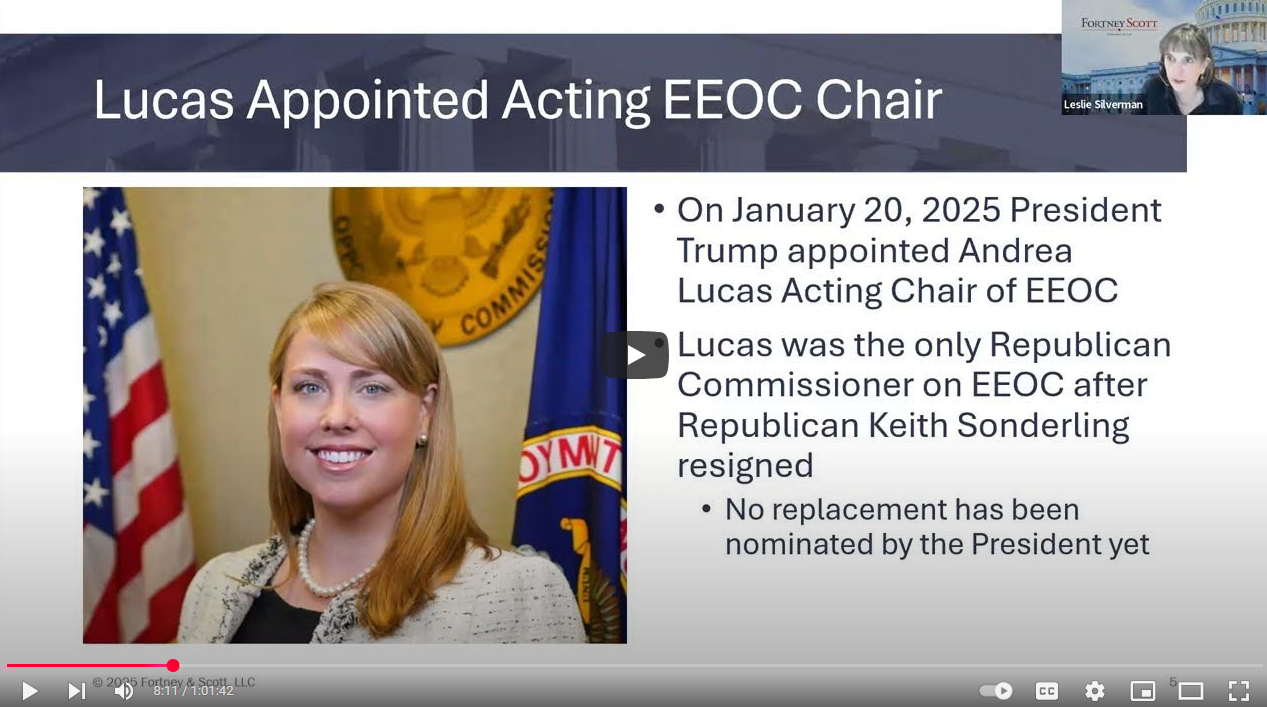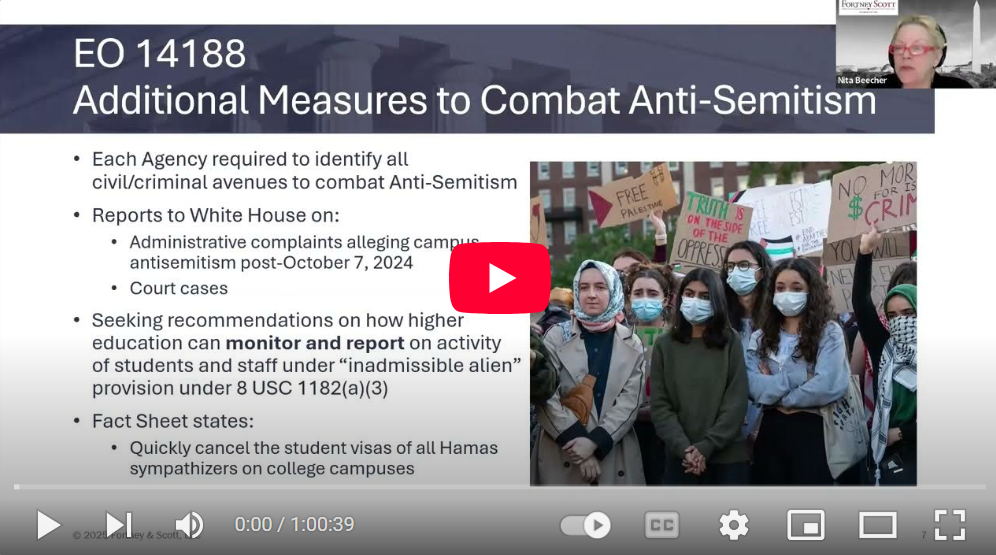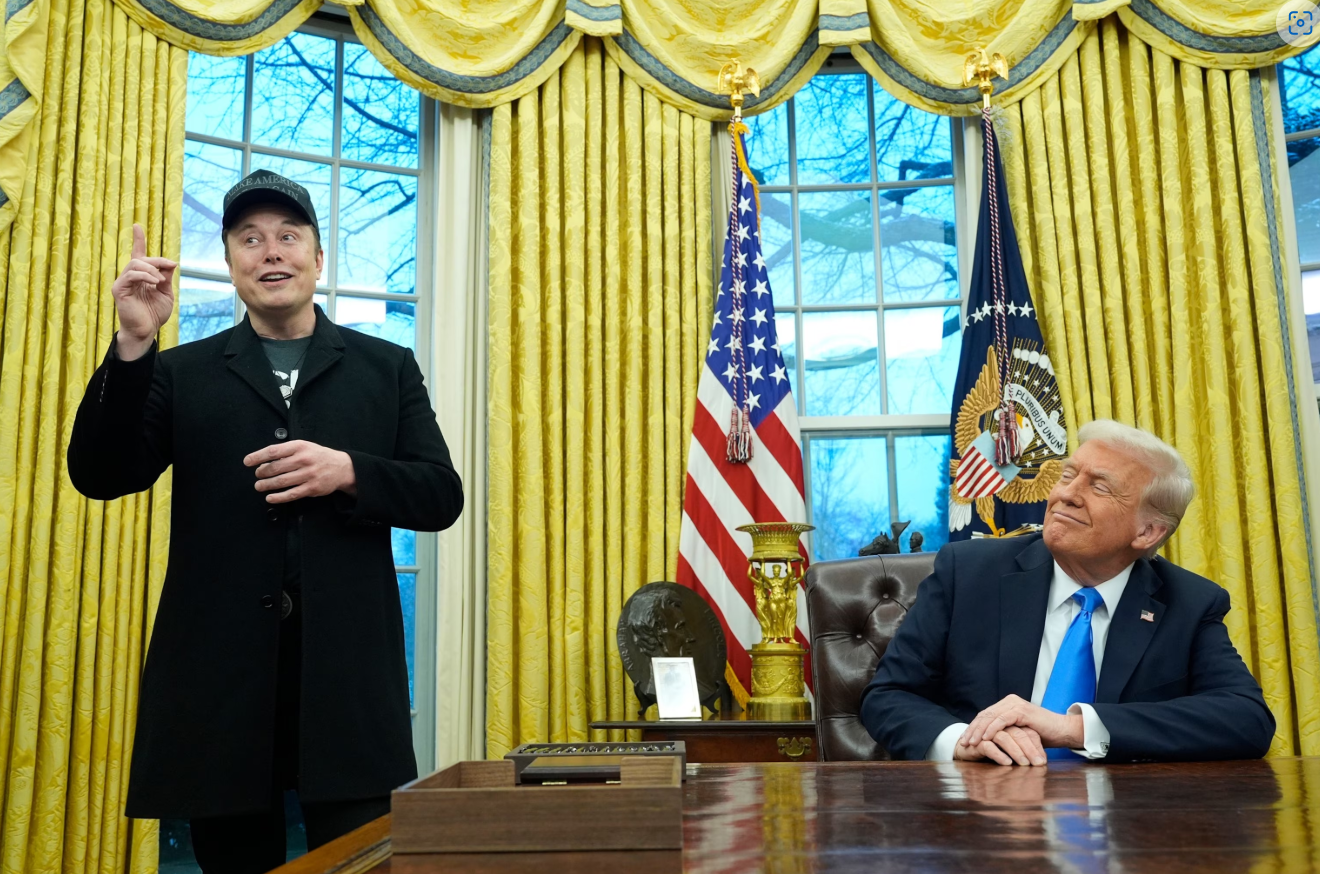DOL Increases SCA Health and Welfare Benefit Level
Effective August 1, 2017, the prevailing health and welfare fringe benefits rate under the McNamara-O Hara Service Contract Act (the SCA) has been increased to $4.41 per hour a bump up from the previous rate of $4.27 per hour. The new rate was announced on July 25, 2017 in the Department of Labors (the DOLs) All Agency Memorandum 225 (AAM 225).
Notably, AAM 225 also introduces a special reduced health and welfare fringe benefit rate of $4.13 per hour for employees performing on contracts covered by Executive Order 13706, Establishing Paid Sick Leave for Federal Contractors (Paid Sick Leave EO). The revised levels announced in AAM 225 should be recognized and implemented for new contracts and modifications on and after August 1, 2017.
Interplay of Prevailing Benefit Rate and Paid Sick Leave EO Obligations
As a reminder, the Paid Sick Leave EO which became effective for contracts entered into after January 1, 2017, or contracts modified after the effective date requires certain federal contractors to provide up to 56 hours of paid sick leave annually. Because employer contributions made to satisfy the Paid Sick Leave EOs requirements cannot be credited toward the employers SCA fringe benefit obligation, the reduced rate of $4.13 was specifically created to reduce the financial burden on contractors by excluding the sick leave portion of the calculated health and welfare rate.
The High and Low Rate Calculation
The DOL has historically maintained two separate fringe benefit rates: a low employee-by-employee rate and a high (average cost) rate. Under AAM 225, the rates for each method are the same: $4.41 per hour . While the rates have differed in the past, since 2004, the rate has been the same for both methods; only the method of calculation differs.
Impact on Hawaii WDs
In Hawaii, employers are typically required by law to provide healthcare coverage for employees. Because the SCA does not allow contractors to claim credit towards fringe benefit obligations for fringe benefit payments required by law, Hawaii employers are faced with the unpleasant prospect of paying duplicate fringe benefits.
Accordingly, AAM 225 establishes a health and welfare benefit rate of $1.91 per hour for those employees for whom the contractor must provide healthcare benefits pursuant to Hawaii law. Moreover, for employees performing on contracts covered by both Hawaii's healthcare act and the Paid Sick Leave EO, the health and welfare benefit rate is further reduced to $1.63 per hour .
Conclusion
The reduced fringe benefit rate should help reduce the cost of compliance with the Paid Sick Leave EO and should be incorporated in contractors compliance plans.















